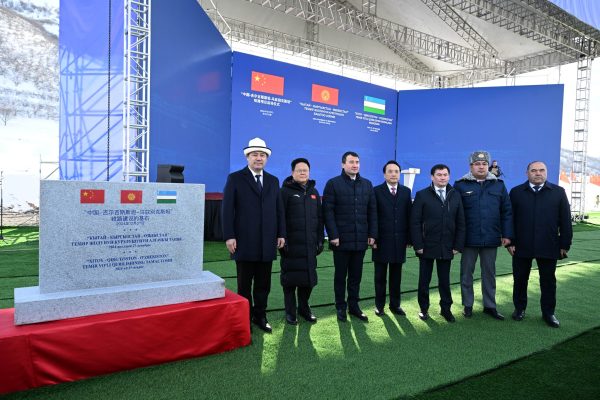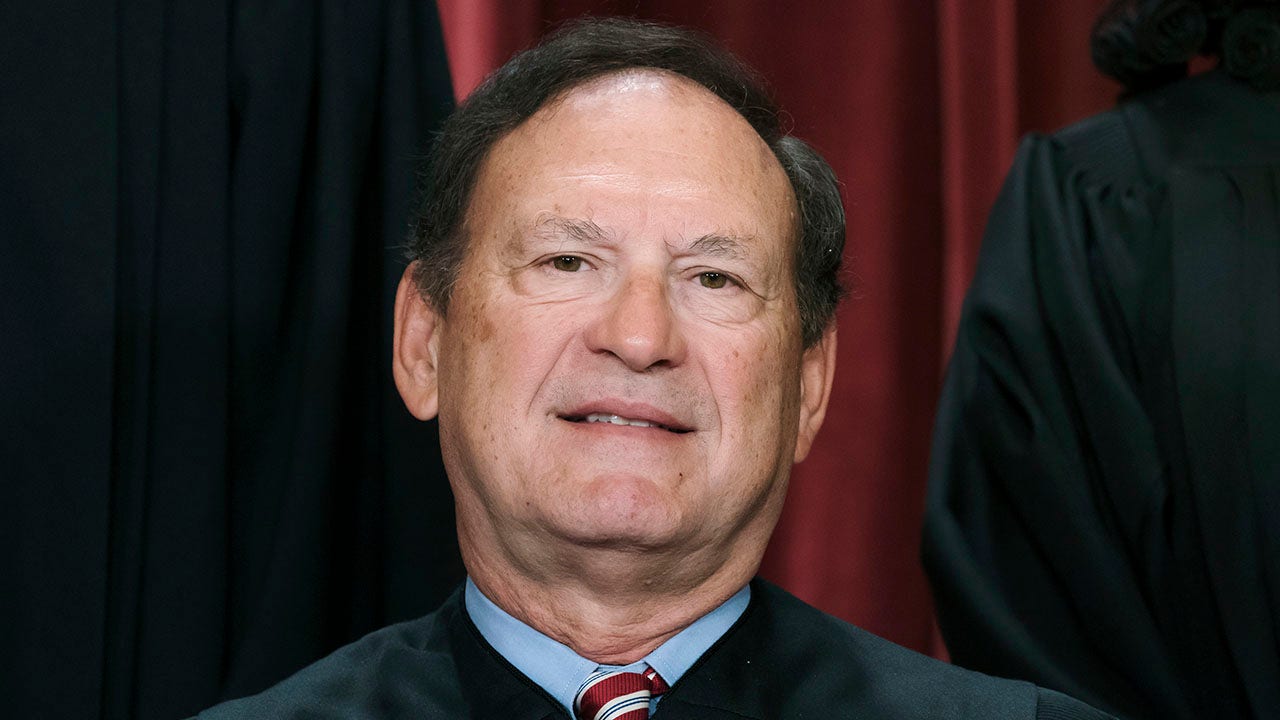Amid the controversy surrounding former Chinese Foreign Minister Qin Gang’s disappearance and subsequent dismissal from office, discussions by the Standing Committee of China’s top legislature, the National People’s Congress, on draft amendments to China’s Criminal Law seem to have escaped the public eye. These draft amendments, which are open for public comments until August 24, propose the inclusion of private sector enterprises operating in China under the ambit of the Criminal Law’s anti-bribery and anti-corruption provisions. Previously, said provisions were applicable only to state-owned enterprises (SOEs) and public institutions.
On July 14, the Central Committee of the Chinese Communist Party (CCP), in conjunction with the Chinese State Council, issued “Opinions on Promoting the Development and Growth of the Private Economy,” which argued that there is a requirement to introduce judicial interpretations to increase the punishment for corruption acts such as embezzlement, buying positions, misappropriation of funds, and bribery committed by private enterprise personnel. The three-fold aim here, the “Opinions” laid out, is to deepen compliance reforms across private entities operating in China, strengthen the governance “at the source” in private enterprises, and guide them to establish strict auditing and financial accounting systems. With the proposed amendments, the Criminal Law Office of Legislative Affairs Committee of the NPCSC has attempted to put the “Opinions” into action.
The office has proposed amendments to articles 165, 166, 169, 387, 390, 391, and 393 of the Criminal Law, all of which concern punishments for bribery and corruption. Under articles 165, 166 and 169, for example, directors, managers, or any other personnel engaged in private entities are to be included in the fold of punishments previously applicable to SOEs and public institutions for the crimes of bribery and corruption. The idea behind this move, as also articulated by Director of the Legislative Affairs Committee Shen Chunyao, is to bring parity in the treatment of SOEs and private enterprises, as well as to enforce the concept of “two healths” – the healthy development of the non-public sector of the economy and the sound growth of individuals engaged in the non-public sector. This concept was first proposed by Chinese President Xi Jinping in his speech at a symposium on private enterprises in November 2018.
The amendments proposed to articles 390, 391 and 393 pertain to making sentencing heavier in serious cases of bribery – such as when bribes are given multiple times and/or to multiple people; when bribes are given in “key projects” or “major programs” (which may mean public-private projects that are closely associated with the state’s interests); when bribes are given in strategic fields such as law enforcement, justice, disaster relief, social security, and education and health; and when bribes were given to facilitate criminal activity.
These criteria are a reiteration of those listed in the “Opinions on Further Advancing the Joint Investigation of Bribery and Bribe-Taking,” published in September 2021 by the Central Commission for Discipline Inspection (CCDI), jointly with other law-enforcement and disciplinary action arms of the Chinese state. Interestingly, this document also proposed increased sentencing for anyone who did not restrain themselves in giving or taking bribes after the 18th Party Congress of the CCP in 2012 – a criterion that did not find mention in the draft amendments. Xi ascended to power at the 18th Party Congress and made anti-corruption a hallmark of his government.
Even though on multiple occasions, including in Shen’s comments, Chinese policymakers have described the acts of giving and taking bribes (with the latter often synonymous with “corruption”) as two “poisonous melons” growing from the same vine, these particular amendments take the crime of giving bribes more seriously in considering punishment. This may be attributable to the fact that, as per statistics declared by Criminal Law Office Head Wang Aili, the proportion of bribery cases to corruption cases in the past few years stands at 1:3, which means that the crime of giving bribes is being prosecuted much less.
While answering reporters’ questions on the draft amendments, Wang ironically also said that the reason why corruption has become more prominent is that multiple bribers “hunt” party cadres and entice them to take bribes. Hence, the amendments attempt to go after this root cause to address both sides of the coin.
Additionally, in his responses to reporters’ questions, Wang also made an interesting statement to explain why private enterprises had to be brought into the fold of bribery-related punishments that previously applied only to SOEs. He said, “Some internal personnel or employees within enterprises mistakenly believe that ‘it is a crime to take state property in a state-owned enterprise, but it is not a big deal to take the boss’s money in a private enterprise.’” It seems that in saying so, he echoed the sentiment that the law has as much to do with protecting private enterprises from loss, theft, and internal corruption as it has to do with punishing them (and their personnel) for wrongdoing. This was also iterated by Shen in his comments explaining the implications of the draft amendments.
If promulgated, the amended Criminal Law will provide a two-pronged impetus to Xi’s ambitious anti-graft campaign and increasing regulatory interventionism in the private sector. It may also be complemented by a “blacklist” system for businesspeople convicted of the crimes of bribery and/or corruption, a system the Central Commission for Discipline Inspection (CCDI) announced in 2021. It was implemented in Hunan province, where 106 “untrustworthy” personnel from six companies were put on a blacklist for giving bribes, and their market access was restricted. These numbers may see a surge across provinces with the force of the amended law behind them.
In the past, Xi Jinping and some CCDI officials have argued that it is necessary to maintain a “clean relationship” between governments and businesses, to listen to concerns of private enterprises regarding the protection of their rights and property, and for party committees attached to said enterprises to explain major policies to them correctly. These draft amendments to the Criminal Law envision a relationship between the state and private enterprises based on these fundamentals, with the aim of creating a level-playing field for SOEs and private enterprises in terms of both the protections granted and the punishments meted out.





















Discussion about this post